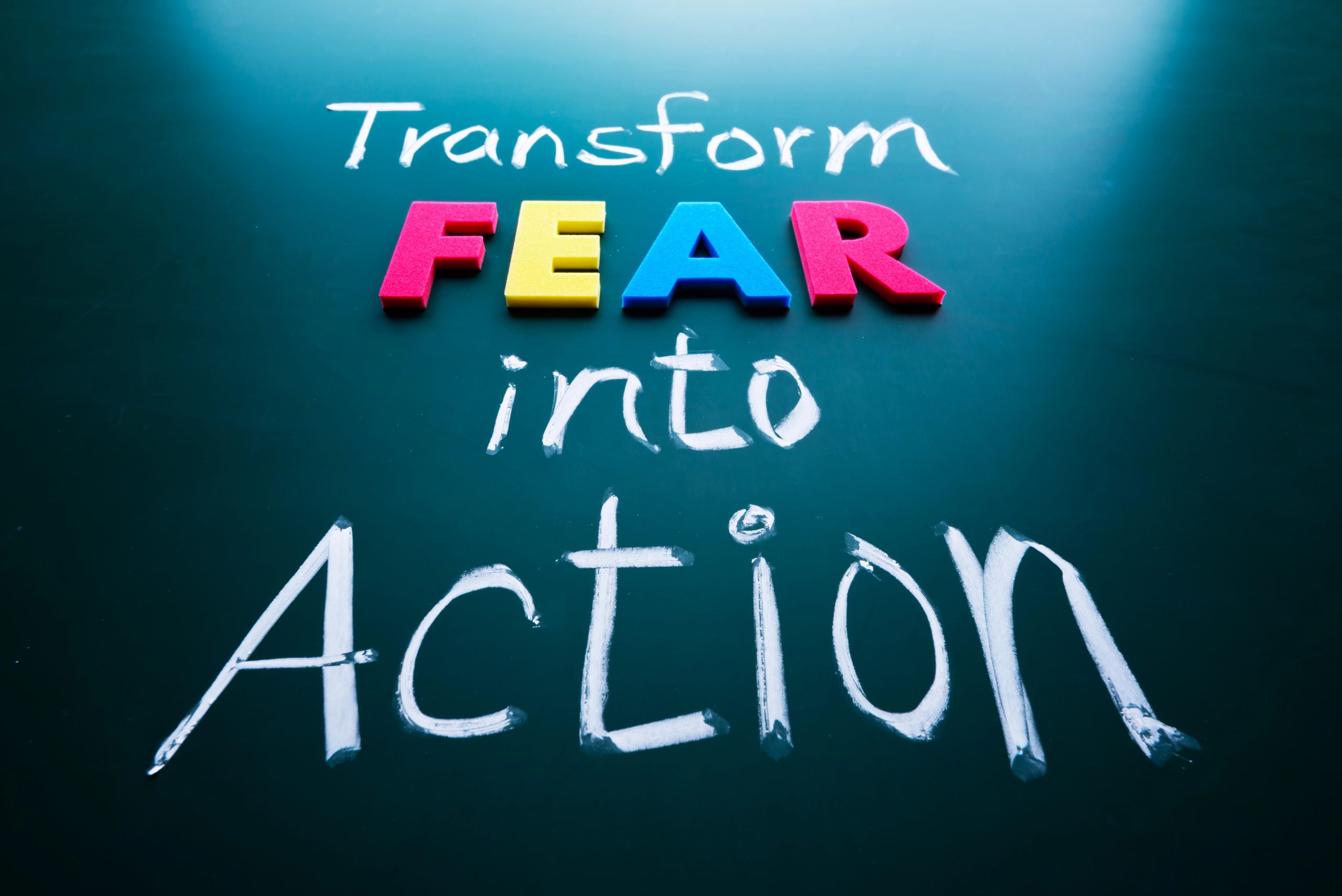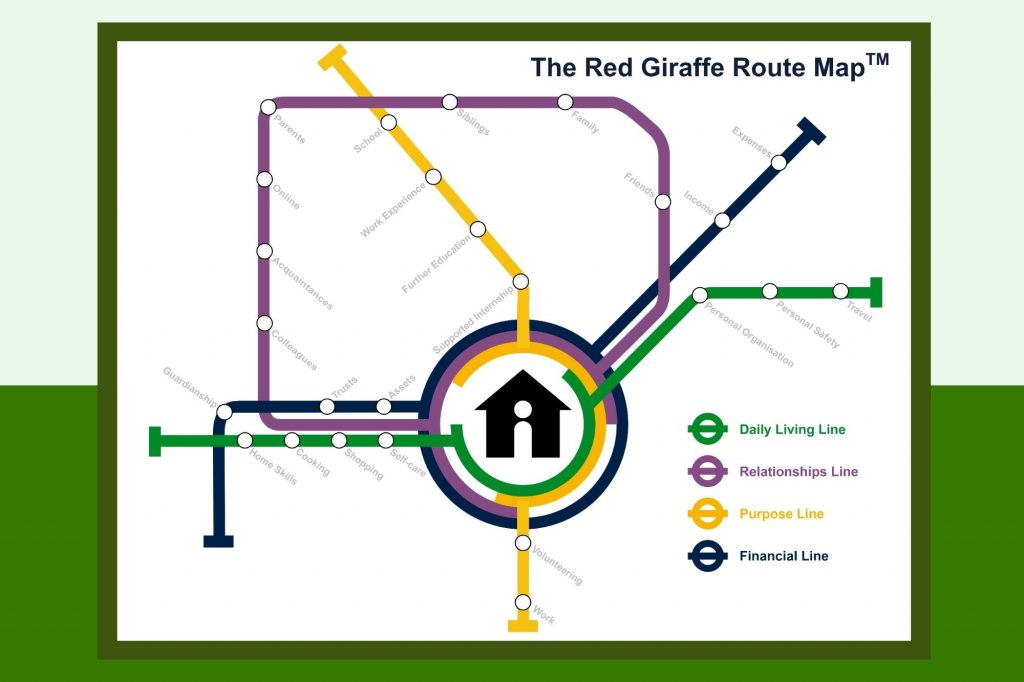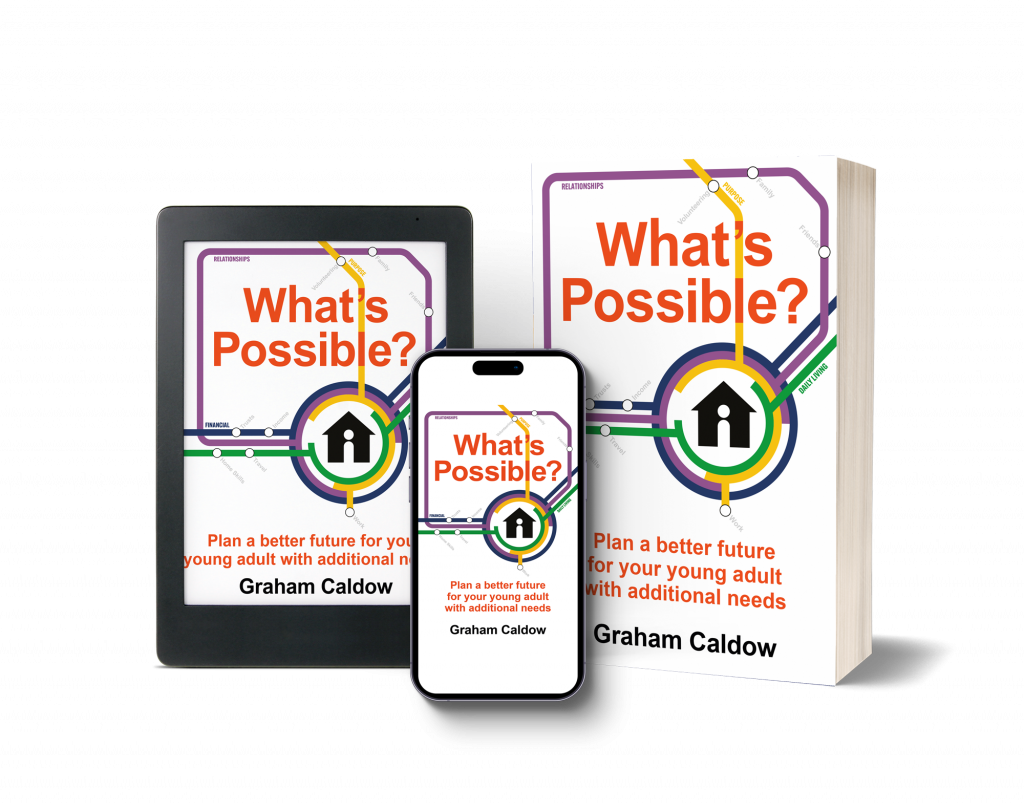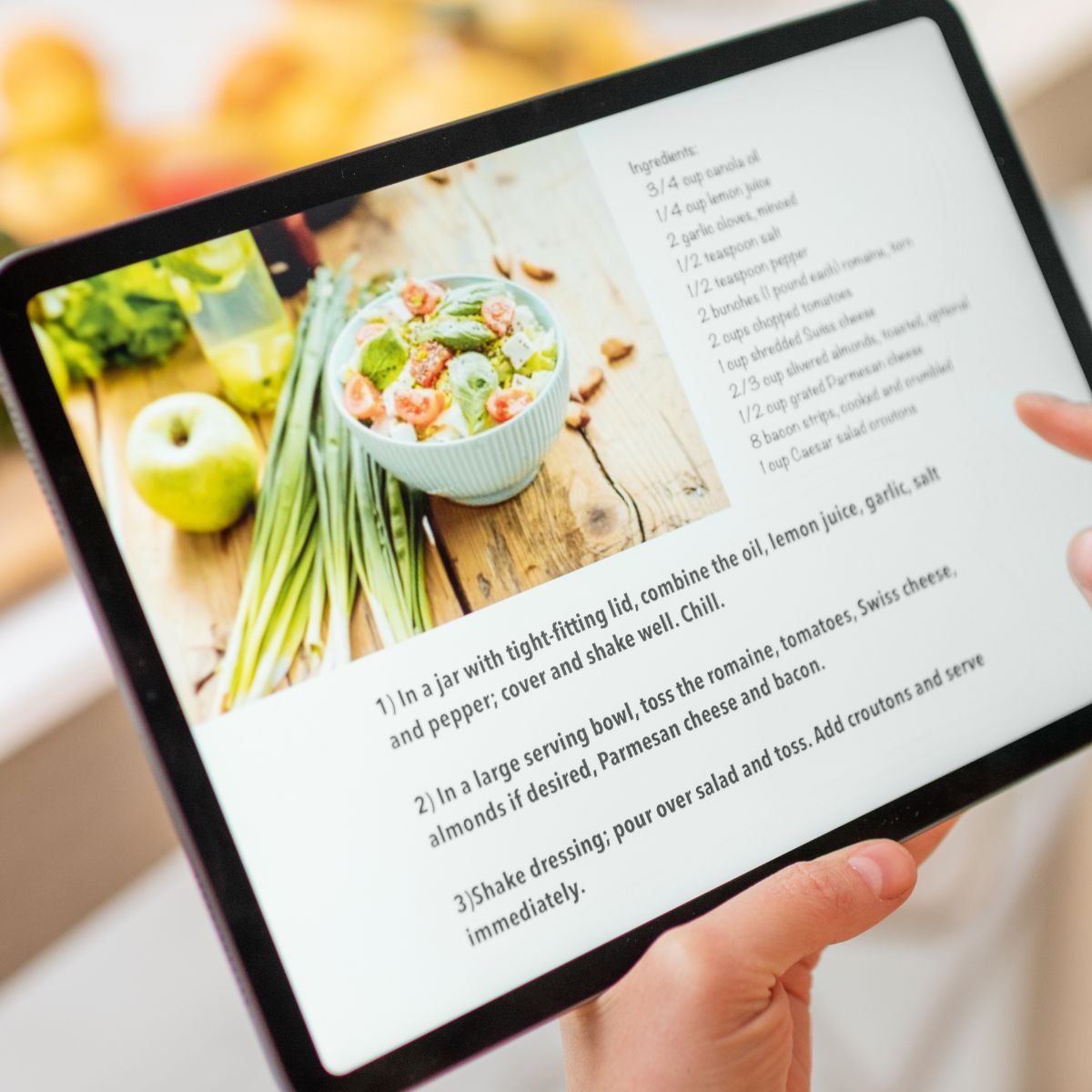Purpose to the day is a meaningful activity that contributes to a person’s sense of self-worth, identity, and connection to others. It’s about having a reason to get out of bed in the morning because of a feeling that time is spent in ways that bring value not only to yourself but to others too. That’s why it’s so important to find something to do after school finishes for our young people with additional needs.
For young adults with additional needs, purpose doesn’t necessarily mean holding down a traditional job, though it could. It could also mean activities like volunteering, learning new skills, or being involved in community projects. The key is that these activities provide a sense of achievement, belonging, and contribution. This helps them feel more confident, motivated, and connected to the world around them. In short, purpose to the day is about having structure and meaning to their time, fostering both personal growth and the opportunity to interact with others.
Hence, what our young people do in their days should be a central part of their life plan. However, finding a purpose can be a daunting process for parents, carers as well as the young person themselves. But if our children don’t have something to fill their time, they could spend too many hours in front of a screen. This absence of purpose may lead to a lack of motivation. It could also make maintaining the few fragile relationships they have even more difficult to maintain, and almost impossible to forge new friendships.
Unhelpful Statistics
Despite its fundamental importance, helping our young adults find their purpose can be a challenging process. The employment statistics are dire. In England, only 5.1% of adults with additional needs known to their local authority are employed (Mencap, accessed July 2023).
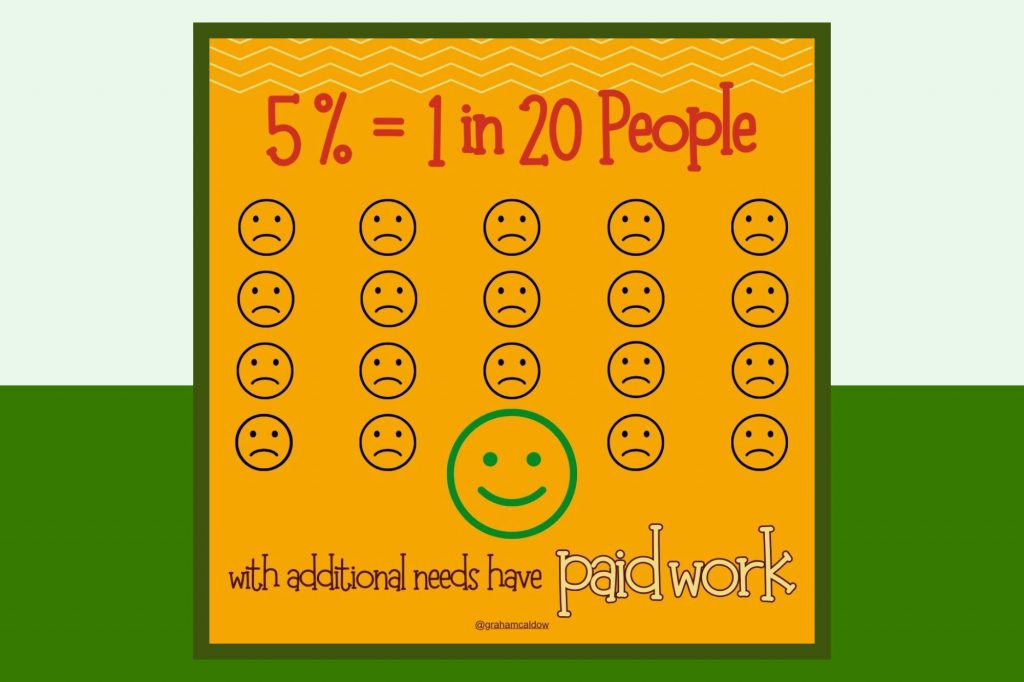
Image by Graham Caldow, in Canva
That means only one person in every 20 with additional needs has paid work of some kind. But we should take hope. If just one person finds something to do after school finishes for our young people with additional needs, we can if we persist.
Planning to Find Purpose
Our sense of purpose defines our place in life. Most people find meaning through their work or the roles they play in society—whether they’re a teacher, a plumber, a volunteer, or an active member of a community group. Without a purpose, many people struggle with their identity, leading to lower confidence and mental health issues. Whereas a sense of purpose connects us to others and creates opportunities for conversations and relationships.
The Purpose Line on the Red Giraffe Route Map (the yellow line) is to assist us parents and carers plan, with our children, to find a purpose after full-time education finishes.
The Purpose Line consists of several key “stops”, like stations on a train map. These stops are intuitively familiar to you I’m sure, but picturing them like stops on a train map helps us to plan them more strategically. It provides the framework. Some people may pass through every stop, while others may skip a few. Re
- School: Most young people begin their journey here, whether through traditional schooling or homeschooling. School should provide foundational skills they can build on later.
- Work Experience: This stop is mostly facilitated by education providers, but you can also try to find this through other means, like your friends or network. It offers the chance to experience various work environments, helping our young people to imagine a life after full-time education finishes.
- Further Education: For many, further education follows school. This stop provides additional training or qualifications that might open doors to further opportunities.
- Supported Internships: These programs typically involve job coaching and are often unpaid while training is provided. The goal is to teach the skills to do a particular role for an employer.
- Volunteering: Volunteering contributes to a person’s community and develops a sense of achievement, even if no financial compensation is involved.
- Paid Work: For some, the goal will be for some hours of paid employment. This offers not only a sense of purpose but also provides an income.
What Does Success Look Like?
For each stop on the Purpose Line, we should look for options and have an idea of what success would look like. For example:
- School: Success is a placement they enjoy, feel respected, as well as learn.
- Work Experience: Success might be to get work experience, offering exposure to new experiences and the chance to develop new skills.
- Further Education: Success could be the identification and enrolment in a course that will open new opportunities in the future.
- Supported Internships: Success may be finding a supported internship that matches with your child’s interests and strengths.
- Volunteering: Success is the sense of accomplishment that comes from contributing to a cause and forming an identity based on helping others.
- Paid Work: Success might retaining a job and learning new skills after the initial job offer.
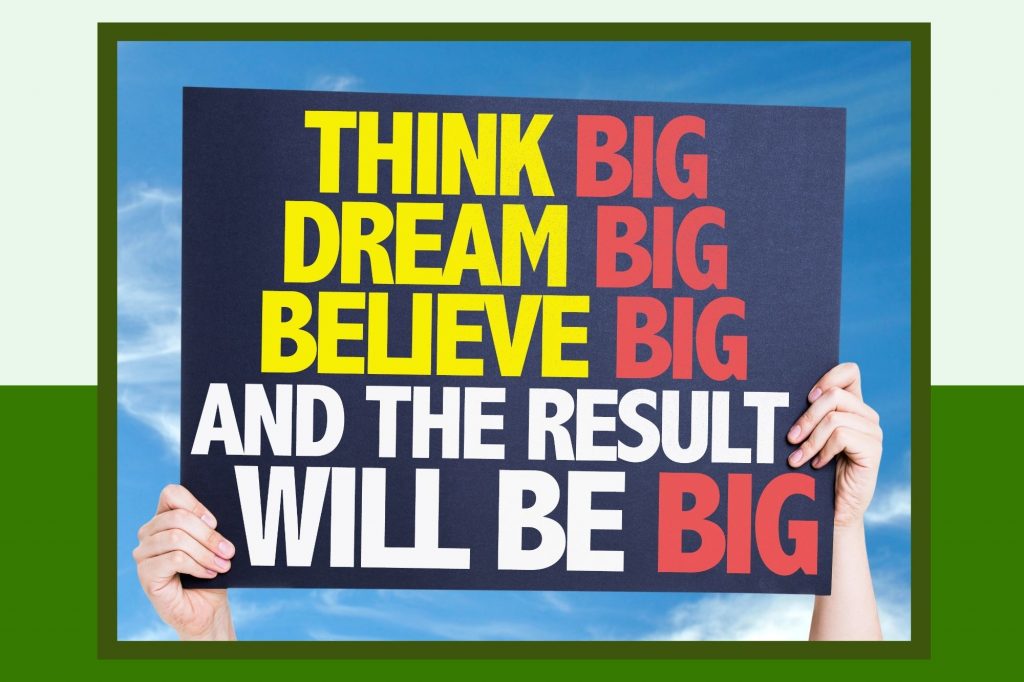
Image by Gustavofrazao, Deposit Photos
Conclusion: Always Believe
As parents and carers we want to find something to do after school finishes for our young people with additional needs. However, it’s important to believe that there will find a purpose. This belief should be discussed openly with them, as it gives them a sense of what lies ahead and helps them picture in their mind a future. But to get this we need a well-structured life plan to overcome the obstacles along their journey. We must presume that there is always a meaningful role for them to play in the world, whether through work, volunteering, or other fulfilling activities. At the end of the day, the true measure of success is simple: our young adults have found purpose to the day, and that purpose brings them a sense of self-worth, identity, and connection to others.
The above is an adapted section of Chapter 4 of my book What’s Possible? If you have a copy, could you do me a small favour please? Could you review it on Amazon so that other parents and carers may find it more easily. Thank you 🙏.
